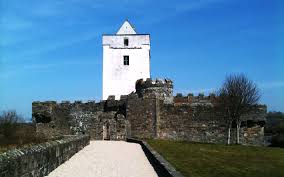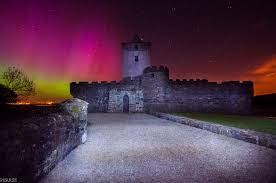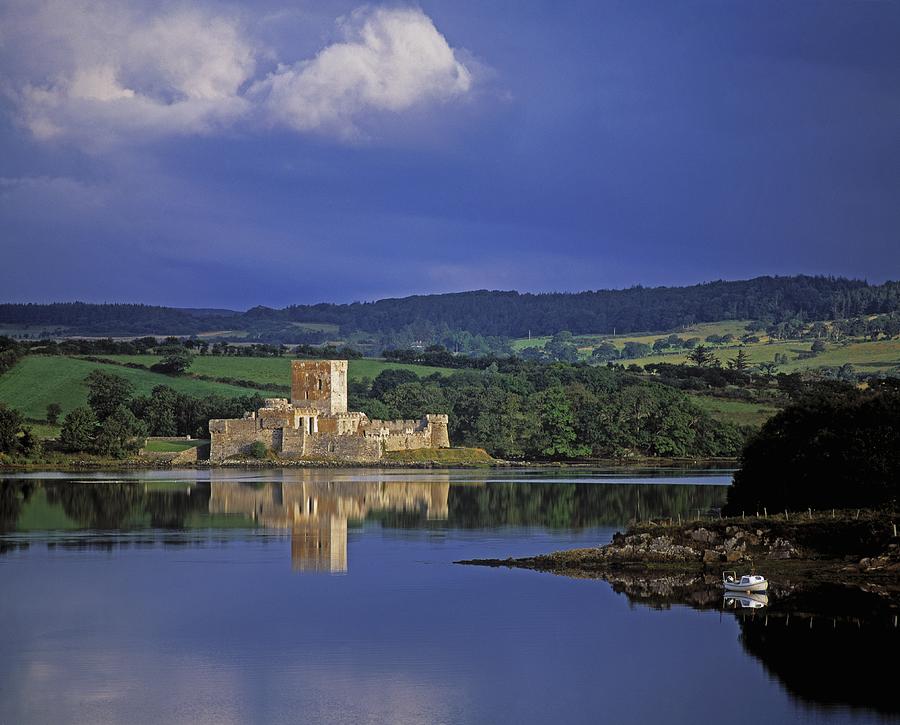Local community group Moving Mevagh Forward will be providing weekend guided tours of the interior of Doe Castle during the summer months.
For the fourth year in a row, tours are given every Friday, Saturday and Sunday between 11pm and 5pm in July and August. The first tour starts on Friday 30th June.
Entrance to the grounds is free; the guided tours of the interior of the castle is 3 euros for those aged 14 and above.
During the National Heritage Week at the end of August 2017, the tours on Saturdays and Sundays (19/20 and 26/27 August) will include actors as the historical characters of Doe Castle, dressed in medieval costumes.

Chairman of Moving Mevagh Forward Noel Mc Bride says: ‘Doe was first opened for tours in 2015 after several years of being closed to the public. This initiative was led by Moving Mevagh Forward who, with the help of Donegal County Council and DLDC, worked with the Office of Public Works to install new illustrated panels at the castle at a cost of €33,000. These tell the story of the construction of the castle and the history of some of the people who lived there over the last six hundred years.
Doe Castle is steeped in history and we look forward to the many visitors enjoying the Doe experience.
Doe, which sits on a secluded spot on the shore of Sheephaven Bay just off the R245 between Creeslough and Carrigart, was one of several strongholds of Mac Suibhne na dTuath – The McSweeneys of The Territories – which were given to them by the O’Donnells –Chieftans of Donegal.

Highlights of Doe‘s colourful history include the rescue of Spanish Armada sailors in 1588 and the departure in 1642 of Owen Roe O’Neill and Sir Phelim O’Neill from the castle with 1,500 men to lead the Irish troops in the Gaelic uprising of the 1640s. Maolmhuire an Bhata Bhuí, or Myles of the Yellow Stick, who marched to Kinsale in 1601 with Red Hugh O’Donnell, was the last McSweeney chief of Doe.
For most of the 1600s, the castle was under English control. Sir Arthur Chichester, architect of the plantation of Ulster in the early 1600s, described Doe as “being of great strength and standing in a dangerous place where it hath hitherto been a great annoyance to the quiet settlement of these parts.”
Three hundred years later, in 1905, Doe’s McSweeney origins were rekindled when three thousand people marched from Creeslough to attend a Gaelic Revival Festival at the castle. It was led by the celebrated Donegal piper Turlough McSweeney, An Píobaire Mór. Pádraig Pearse, signatory of the 1916 Proclamation, addressed the meeting.
Tags:







